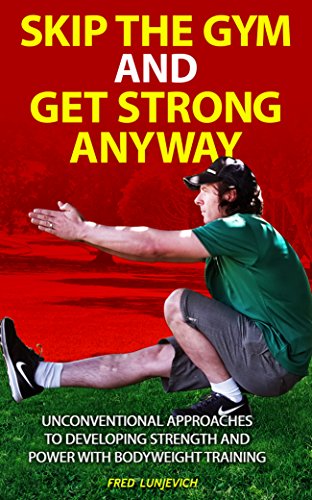There’s this curious phenomenon out there we call instant gratification. In short, it feels good to indulge and we like the quick hits of pleasure we get from such indulgence. However, instant gratification is likely the insidious cause behind most failure to stay the course and follow through on a project.
The project many of us undertake is learning a new language. We jump out of the gates eager to learn but “instant gratification bug” starts gnawing away while asking “are we there yet?” We end up discouraged and looking for the quick fix, the “secret method” that ends all our frustration.
However, we quickly learn that instant gratification has lied to us again, or at least hurled false expectations at us.
Enter… Apps. Frustration and quick fixes is the secret to all marketing but more than ever it is the secret to what makes us buy apps and subscribe to services. This is very much the case with language learning.
Have a think for a moment about what you are trying to achieve when you take on a new language. That’s right, you’re looking to acquire (quickly) what took thousands of years of linguistic evolution. Also, you’re probably looking to short circuit the traditional method of learning the language a native speaker took to become fluent.
Language apps feed off this way of thinking. Let me make this perfectly clear so that everyone reading this gets it:
You will never learn a language from an app.
Never? Those are some strong words but I feel I need to spell it out because there are far too many of us who have bought the rhetoric and thought we could become fluent speakers of a language because of (a) our intense desire for instant gratification and (b) we buy the marketing behind these apps.
Apps can absolutely get you started on a language and support your efforts as you progress but what really counts is what the brain determines is real, relevant and useful. Some apps are better than others but trying to substitute language experience with a static one dimensional approach sentences you to failure.
The “I know a lot but can’t speak” conundrum
Here’s what is wrong in a nutshell. Any learning that you do in your bedroom or on the bus is irrelevant until it is accessible to your tongue in the heat of a conversation. Most people who spend time with a language without speaking it or even trying to speak it are creating this gigantic reservoir of language knowledge in the back of their heads but it is only connected to a tap that drips words out.
I’ve been there and in fact am there right now to a certain extent. Purely intellectual learning of a language is ineffective and your brain won’t produce the language when you need it because it hasn’t acquired it in a way that makes it absolutely real and accessible.
This is why people ultimately quit, saying “yeah I tried to learn that” and usually following up with “X language is hard”.
Here’s another hard truth:
There are no hard languages, your method of learning just sucks.
That’s right. You tried to learn either:
- Too fast
- Too much at one time
- Didn’t review or try to recall the language at regular intervals
- Avoided actual expression at all costs
- Believed the idea that you only need a few hundred words or so
Imagine how well you’d be able to speak English if you tried to learn it in that fashion.
Now, does that mean we have to be like children and learn that way? No and yes.
Firstly, No – you are smarter than a child and you’re able to make logical connections, infer grammar from language and remember much better than a child.
As polyglot Steve Kauffman of LingQ says (paraphrasing):
A child’s brain might be optimised to learn language better than an adults but I can learn the same amount of vocabulary in 6 months that a child learns in 5 years.
Steve Kauffman’s method, which he speaks about at length on YouTube, is through intensive reading. The platform he found – LingQ – is geared around reading texts and highlighting learned words so that you can essentially see those words light up in the text and review them as a matter of simply reading.
I have adapted this idea based on the work of another polyglot – Robin MacPherson, who says that the job of becoming highly skilled in a language is done by the time he feels confident reading adult-level fiction in said language.
So apps can prove to be good entry points into language learning and some are great at supporting ongoing learning (Clozemaster springs to mind) but they can’t be the sole resource utilised.
Never underestimate the value of immersion in an input sense, through YouTube videos in the target language, reading, podcasts and even radio. These things can prove to be invaluable in the quest to master a language.
Combine these with a healthy dose of output through writing and especially speaking and mastery can be yours.
I talk more about how to use apps and other language learning methods in my book Fluently Speaking – A Modern Guide to Mastering Any Language.
fiction in a new language




